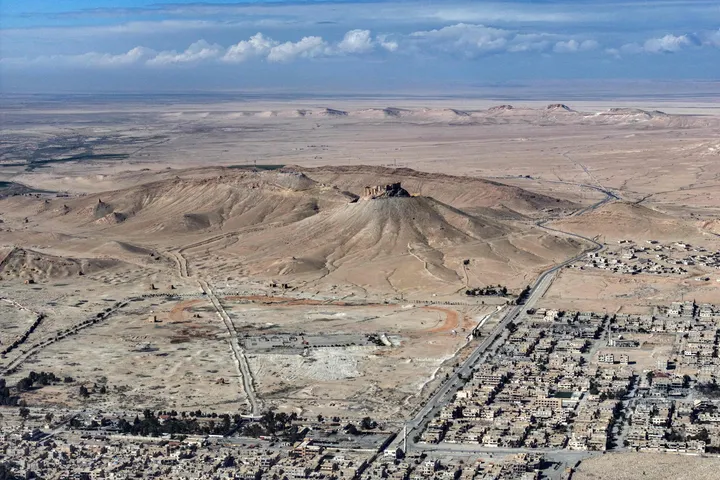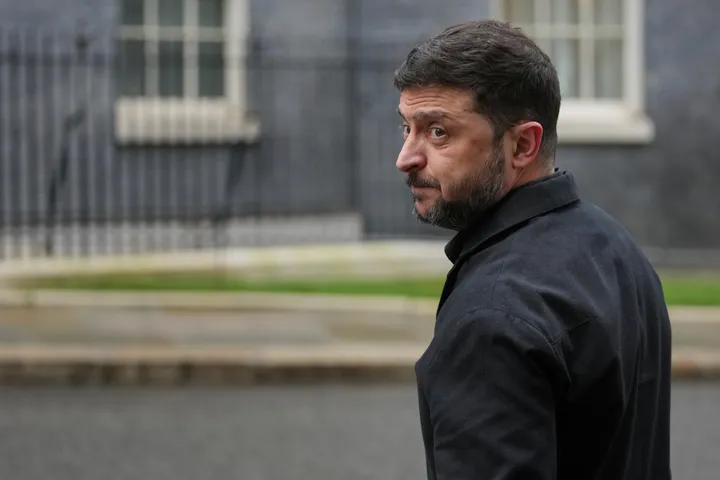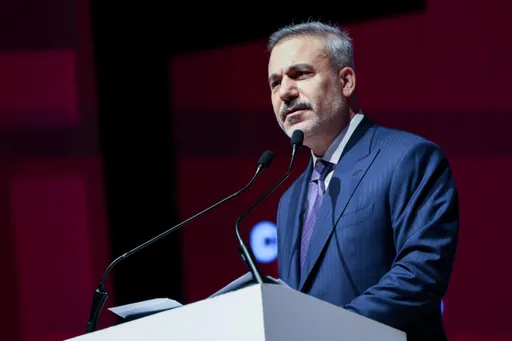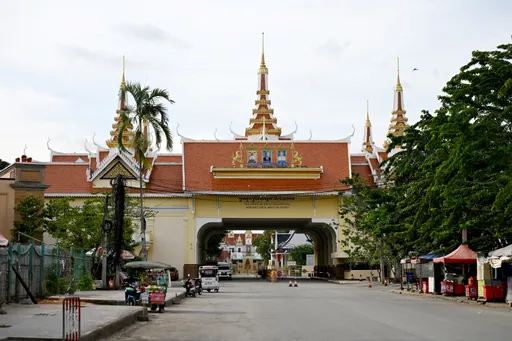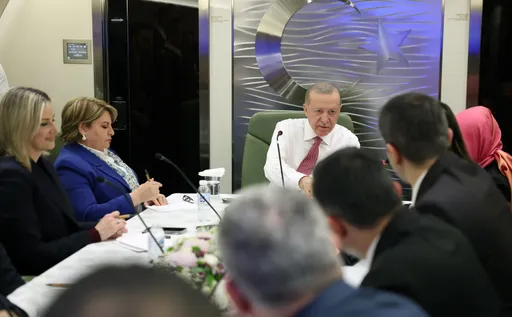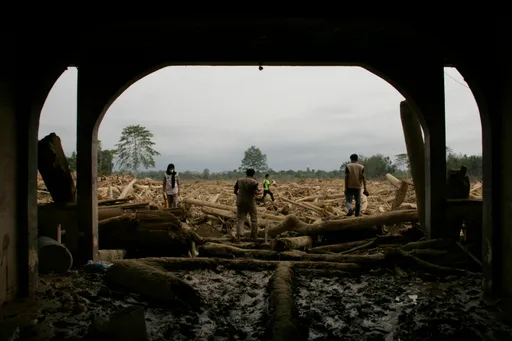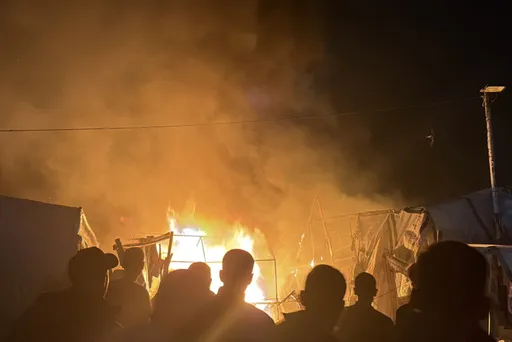King Abdullah dissolved Jordanian parliament by royal decree, on Sunday. The monarch cited "grave economic difficulties" facing the kingdom as his reason for demanding the resignation of Prime Minister Abdullah Ensour and his government.
The parliament, which was due to end its four-year term in January, has been replaced by an interim administration led by political veteran Hani Mulqi.
"The kingdom faces grave economic difficulties due to the volatile situation in this region, which has had an adverse impact on growth levels," Abdullah said in a written statement.
"Therefore we have to take exceptional and innovative measures that help us overcome these challenges and obstacles."
Mulqi, a senior diplomat and advisor to the king, is to lead the interim government till October, after which a new government will be elected.
It is hoped that the new government will better tackle rising unemployment, which currently stands at an eight-year high of 13 percent.
Amman is also in the process of negotiating a new installment of a loan from the IMF, and is likely to impose strict austerity measures on its economy.
Public debt has already reached 92.9 percent of GDP, according to official statistics.
Jordan, which is wedged between Syria and Iraq, has been relatively stable despite the increase in militancy and war facing its neighbours.
Nonetheless, the escalation of tensions outside the kingdom has been putting a strain on the social order within Jordan.
The country already hosts 7 million Palestinian refugees, more than its own population, and has also had to take on 1.2 million Syrian refugees.

